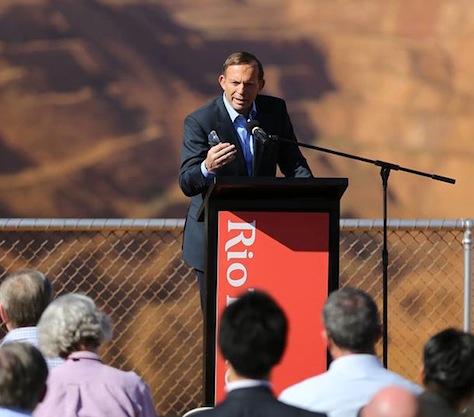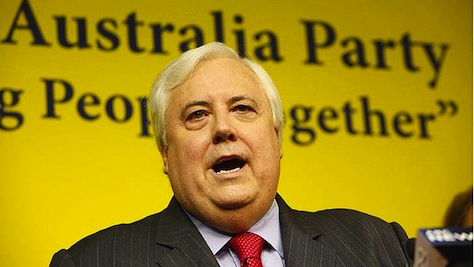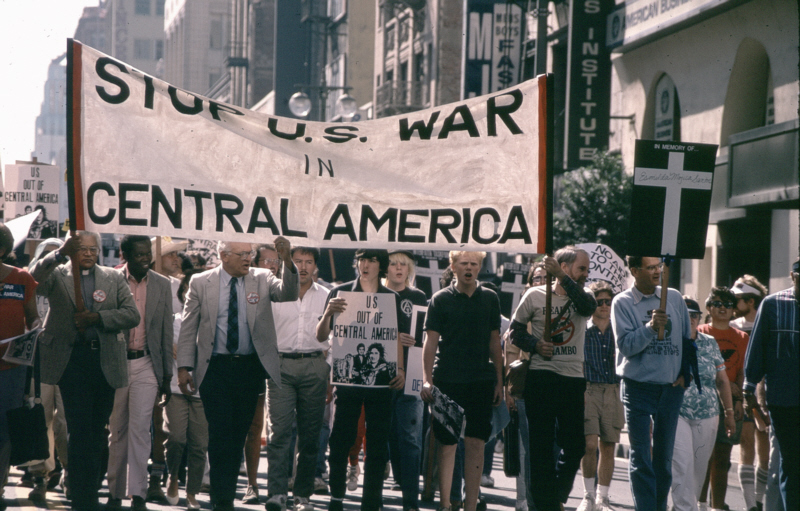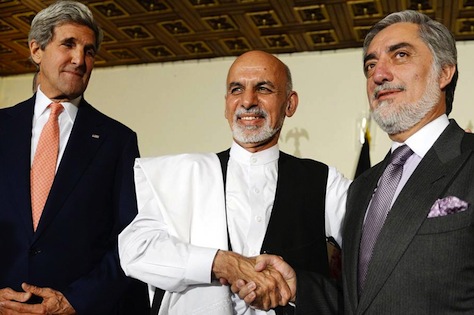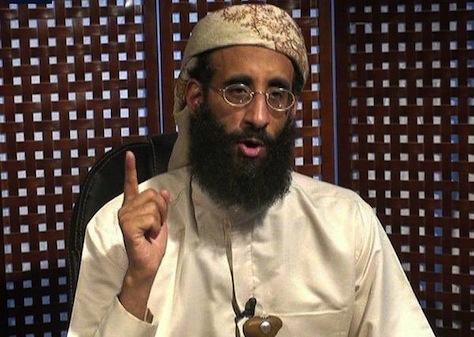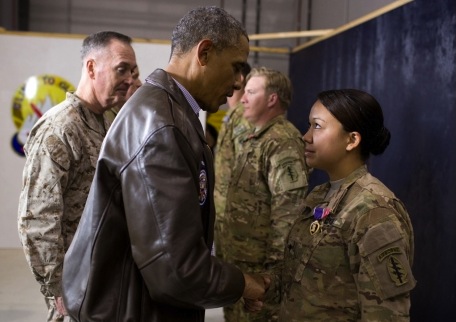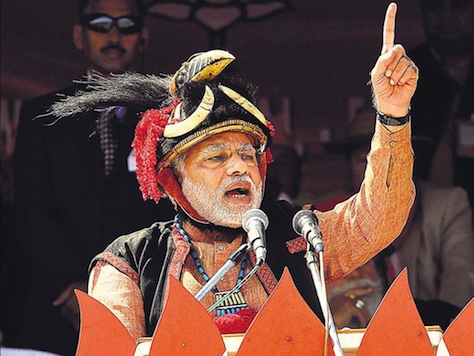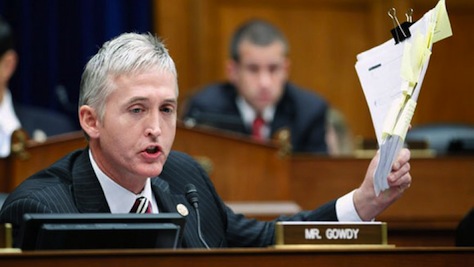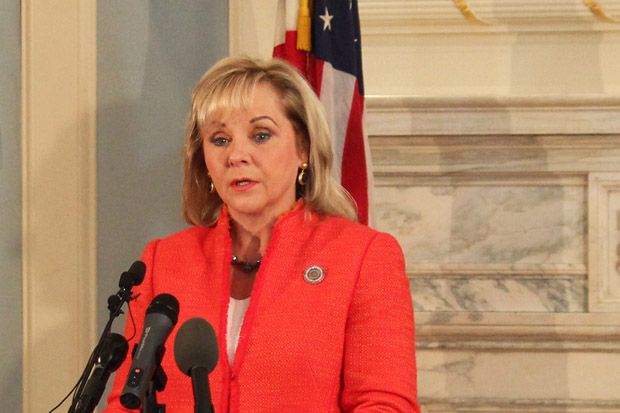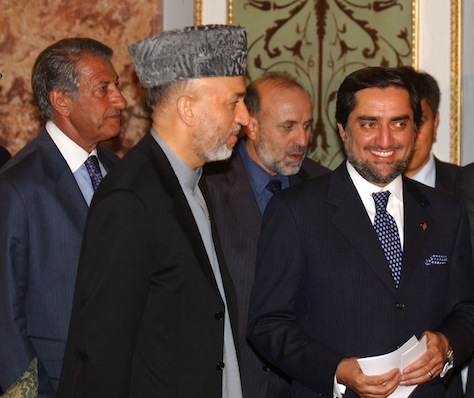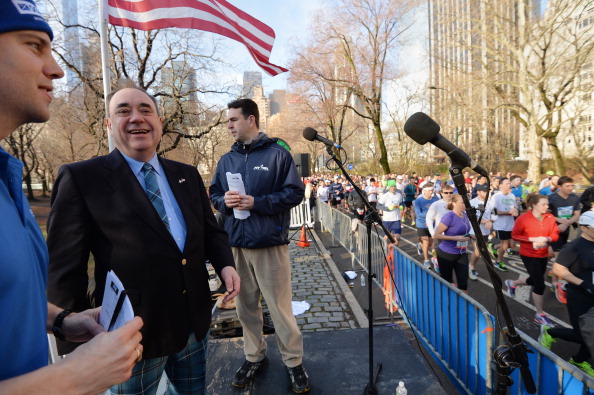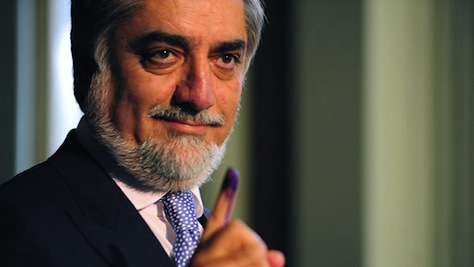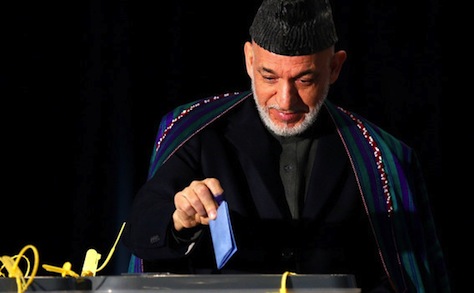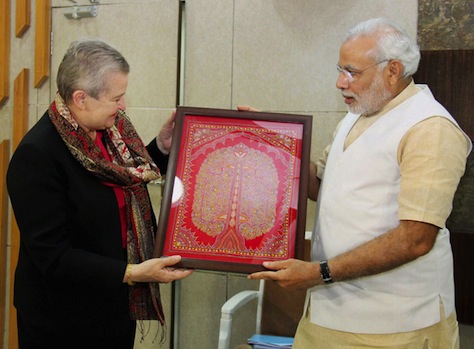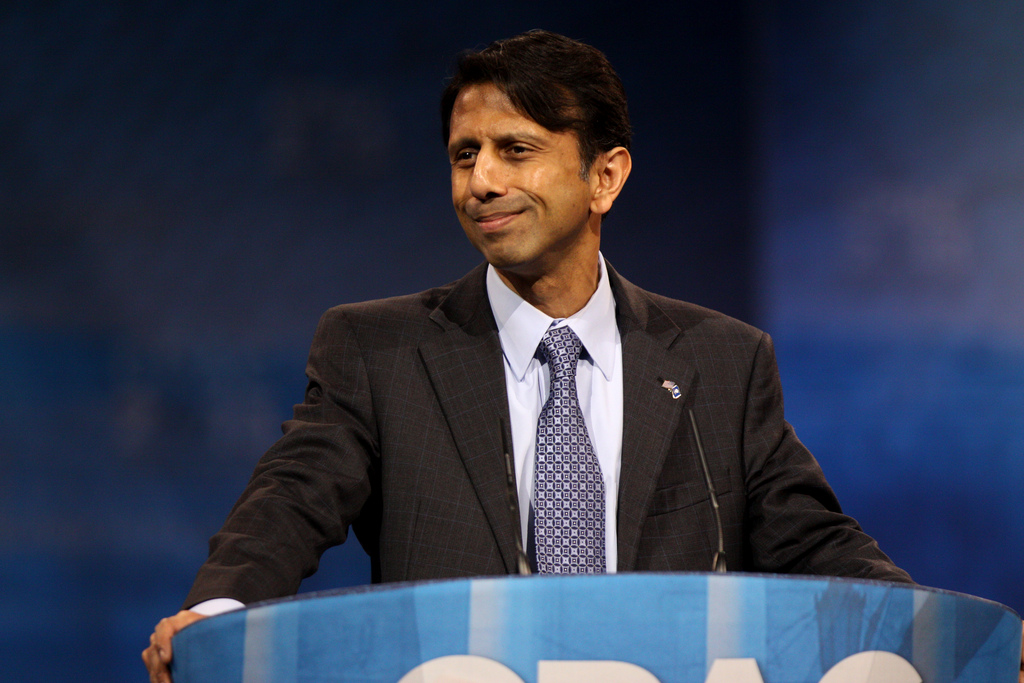In the end, Australian prime minister Tony Abbott didn’t have to call a special, massive ‘double dissolution’ election to roll back Australia’s carbon pricing scheme, the signature policy accomplishment of the six-year Labor government that preceded him.![]()
All it took was some deft maneuvering to cobble together a working majority in the 76-member Senate, where Abbott’s Liberal/National Party holds 33 seats, just short of a majority.
Nevertheless, Abbott (pictured above) won a narrow 39 to 32 victory last month in the upper house of Australia’s parliament, on the strength of six additional non-Coalition votes to repeal the carbon trading market. Having been one of the first countries to adopt a carbon trading market, Australia on July 17 became the first country to repeal a carbon trading market.
That included the support of a mercurial former mining magnate named Clive Palmer (pictured above), whose maverick conservative Palmer United Party (PUP) became the swing vote in determining whether Abbott’s repeal push would succeed or fail.
The Labor Party’s new leader, Bill Shorten, led an unsuccessful push in alliance with the Australian Green Party, to oppose the repeal. Labor holds 25 seats in the Senate, while the Greens hold another 10.
Abbott’s resulting victory is primarily a triumphant tactical and policy victory for the Australian right, giving Abbott an easy talking point on reducing the price of electricity for the average Australian voter (though the real long-term impact of the repeal of a carbon scheme that had reduced emissions by less than 10 percent nationally is yet to be determined).
It’s also a narrative about the fragmentation of the country’s two-party system, as far as Australian senatorial elections go, with voters placing increasingly greater power in the hands of independent third-party candidates.
On the global scale, it marks a symbolic victory for opponents of similar climate change legislation worldwide, though the battle over carbon emissions was never going to be won or lost in Australia, a country of less than 23 million. Arguably, China’s decision in June, for the first time, to limit carbon emissions at the national level, will have a much wider impact on global climate change policy.
While British prime minister David Cameron continues to promote a progressive stand on climate change as an issue to pull his Conservative Party to the middle in the United Kingdom, there’s no indication that the UK is set to introduce any major climate change legislation on the scale of Australia’s experiment with carbon pricing beyond the EU’s own carbon trading scheme. Though there was a brief window in 2008 and 2009 when a carbon-based exchange system might have been enacted in the United States with bipartisan support, those days seem long gone. Nevertheless, the administration of US president Barack Obama and the US Environmental Protection Agency, however, introduced executive actions this summer that aim to reduce US carbon emissions by 30% by the year 2030.
Australia’s carbon scheme has its origins as one of the major promises of former prime minister Kevin Rudd’s widely successful 2007 campaign that brought the Labor Party back to government after more than a decade in opposition. It was, in part, Rudd’s decision to back away from climate change legislation that caused his Labor colleagues to dump him in 2010 in favor of then-deputy prime minister Julia Gillard.
After Gillard won a narrow reelection campaign of her own later that year, she enacted a comprehensive climate change bill in 2012, as well as a broader tax on mining profits (that hasn’t raised nearly as much revenue as expected).
The problem, both in Australia and beyond, is that the global financial crisis of 2008-09 left many national electorates wary of climate change legislation that, almost overnight, suddenly seemed much too costly to introduce at a time when so many developed countries were struggling with the highest unemployment and lowest GDP growth in decades.
That made Abbott’s pledge to repeal what’s popularly become known in Australia as the ‘carbon tax’ one of the most popular aspects of his agenda, which won wide support the parliamentary elections last September that brought Abbott’s Coalition into government. His recent victory in winning Senate support to repeal the carbon scheme will almost certainly rank among the chief legislative successes of his first year as prime minister. Continue reading How Tony Abbott killed Australia’s carbon trading scheme
